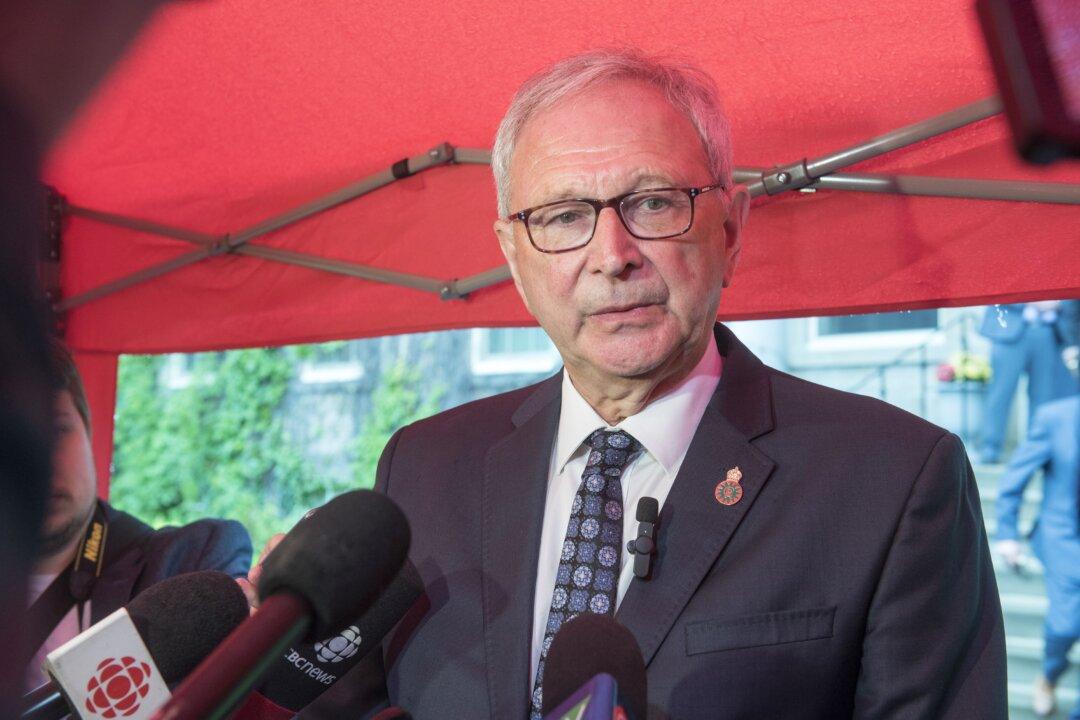Intervenor status has been granted to two groups that support New Brunswick’s gender pronoun policy, which is being challenged in court.
Justice Richard Petrie of the New Brunswick Court of King’s Bench granted intervenor status on May 2 to the Gender Dysphoria Alliance, a group of transgender adults who want an evidence-based approach brought to the gender issue, and Our Duty Canada, a support network of parents who have children struggling with gender issues.





